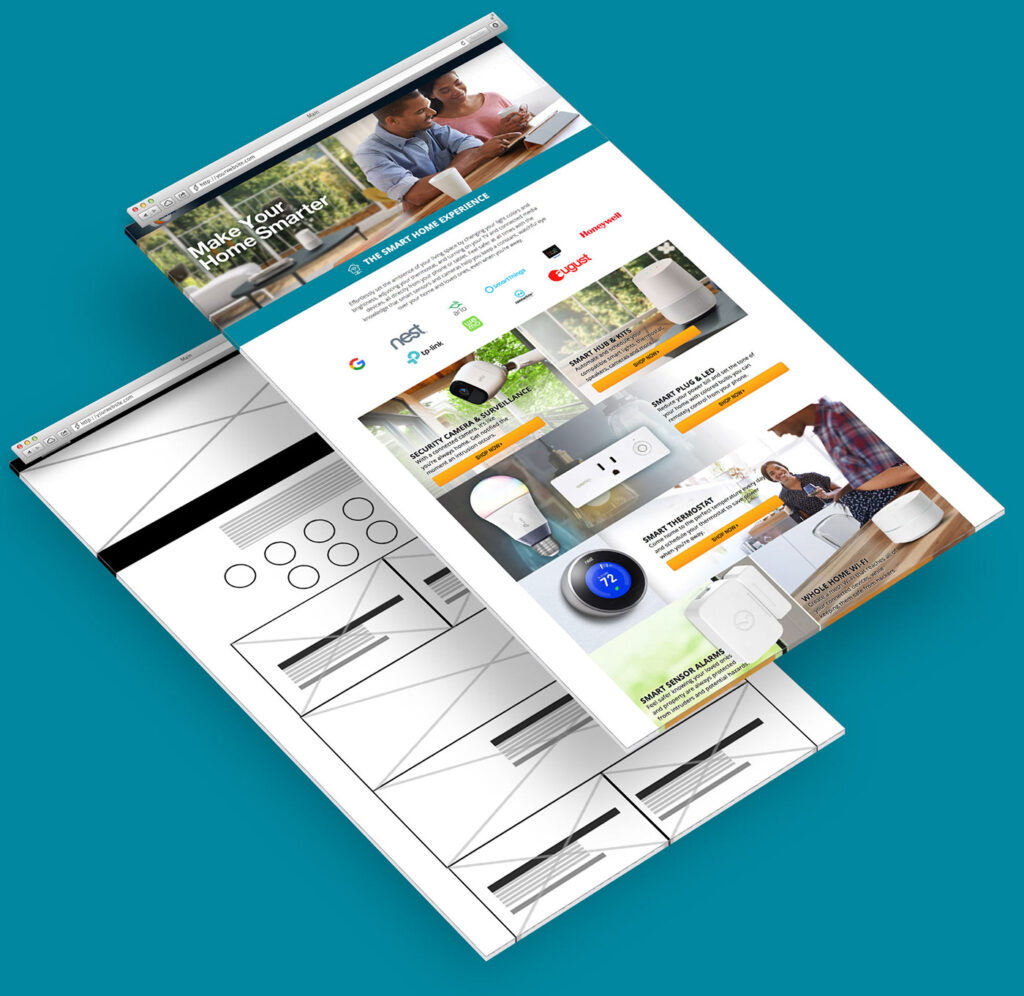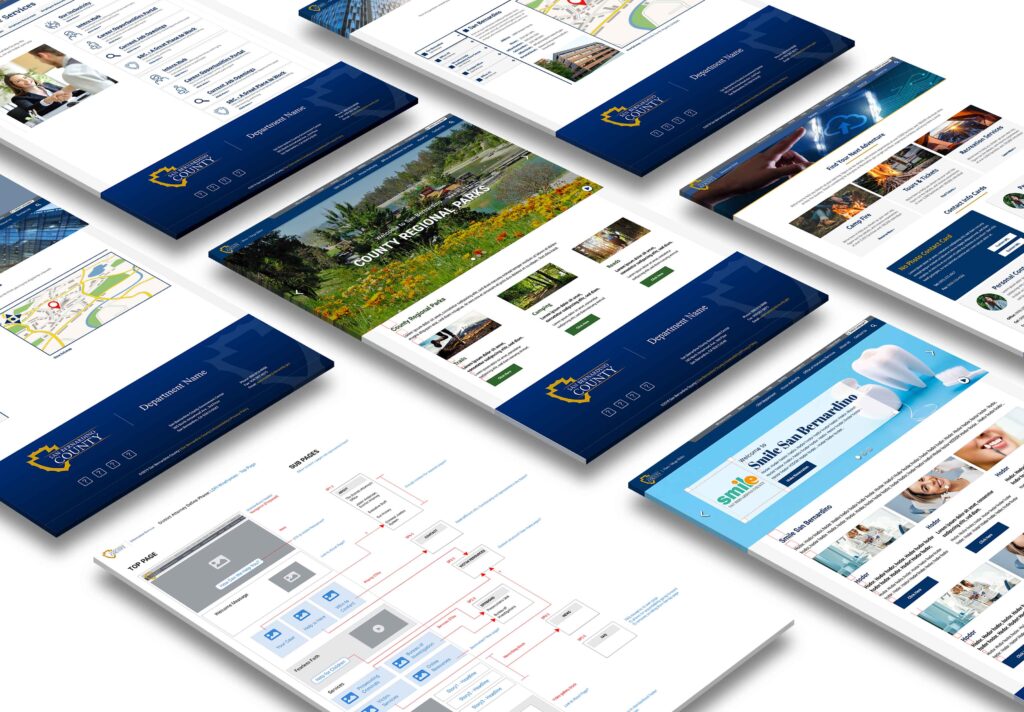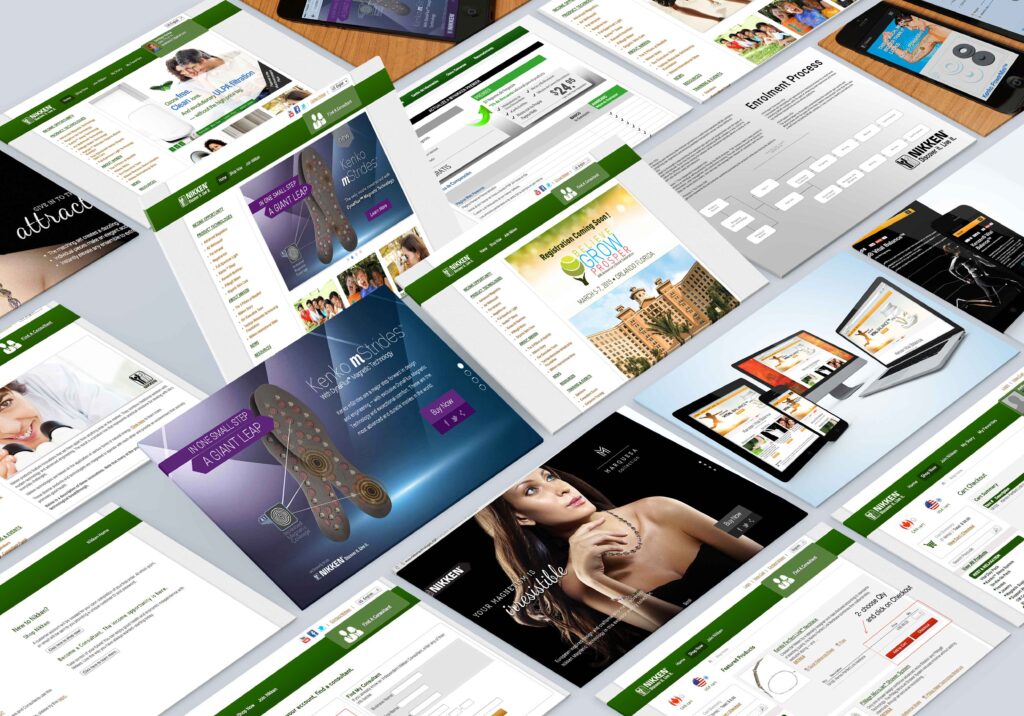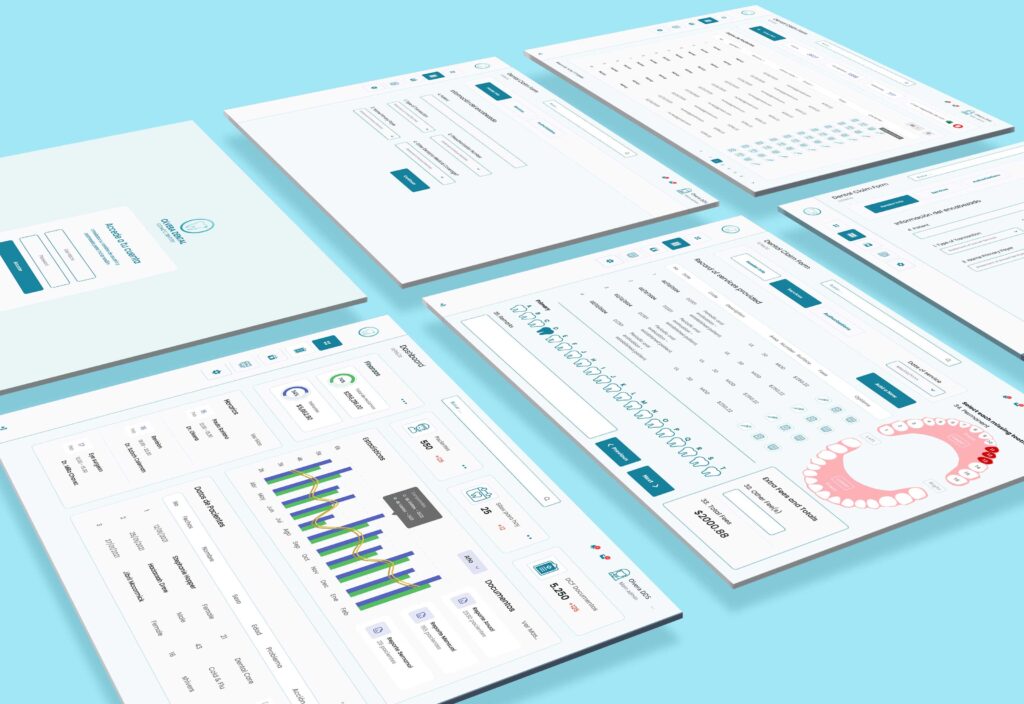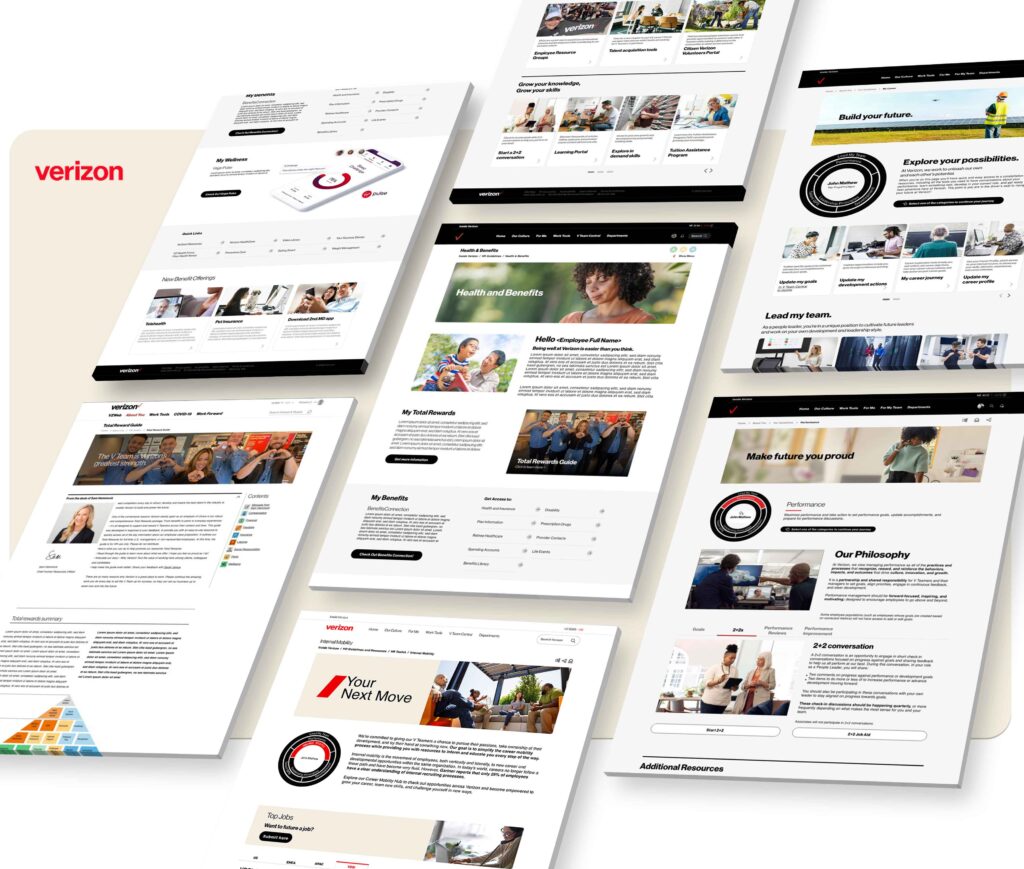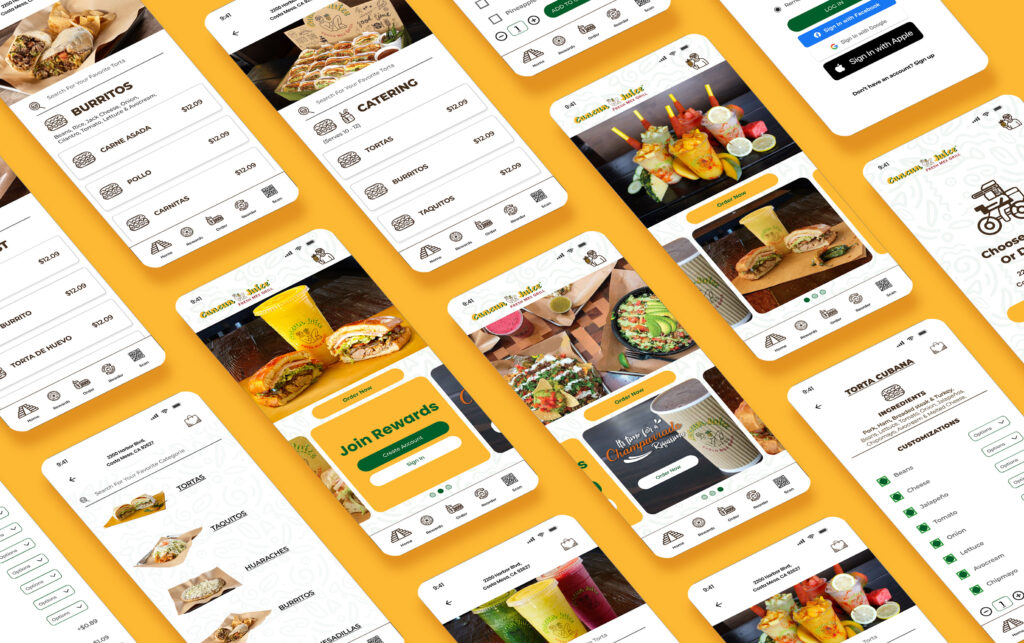
Introduction
The Information Services Department (ISD) operates within the county government and is primarily responsible for developing internal applications and websites for all county departments, including public health services, fire departments, parks, hospitals, and more. The department’s mission is to unify all county departments through a single system that facilitates the sharing of internal services and resources.
Identified Challenges
The Internal Services Department (ISD) is a critical resource for the county, yet its outdated application and website interfaces do not effectively represent the high quality of services available to residents. Each department—including fire services, museums, and child welfare—operates independently, making it essential to establish a unified design framework that ensures consistency across all county platforms.
Key Responsibilities
✔ Wireframing & Prototyping
✔ UI/UX Design
✔ Usability Testing
✔ ADA Compliance
Key Challenges
1. Fragmented Digital Presence
Each department operated its own website with varying designs, resulting in inconsistent navigation and usability for residents seeking services.
2. Outdated User Interfaces
The existing UI lacked modern design principles, resulting in a poor user experience that did not reflect the professionalism and quality of county services.
3. Lack of Accessibility Compliance
Many of the county websites did not meet ADA (Americans with Disabilities Act) standards, making it difficult for users with disabilities to access essential information.
4. Technical Limitations
Most county websites were built on a core WordPress version with custom-developed plugins, requiring the new design system to be fully compatible with WordPress Gutenberg blocks while maintaining functionality and ease of use.
5. Inefficient Content Management
Content creators across different departments lacked a standardized system, often designing and structuring content manually, leading to inefficiencies and inconsistencies.
6. Scalability & Maintenance
Without a unified design system, updating or maintaining websites across multiple departments was resource-intensive and time-consuming.
Approach

To address these challenges, we developed a scalable and standardized design system that could be implemented across all county departments. This included:
- A cohesive design framework to ensure visual and functional consistency.
- Reusable templates tailored to different pages and departmental needs, enabling a structured yet flexible content approach.
- Improved accessibility features to ensure compliance with ADA guidelines.
- A streamlined content management process, allowing content creators to focus on information delivery rather than design.

